New Scientist covers the latest developments in science and technology that will impact your world. New Scientist employs and commissions the best writers in their fields from all over the world. Our editorial team provide cutting-edge news, award-winning features and reports, written in concise and clear language that puts discoveries and advances in the context of everyday life today and in the future.
Mind the gap • Anti-inflammatory drugs could bring much-needed advances to psychiatric health
New Scientist International Edition
On your marks, get set, fall!
A step towards a universal antiviral? • Drugs made from mRNA might be able to protect against a huge range of viruses by turning on key parts of our innate defences against infection, finds Michael Le Page
Fossil teeth may come from a new species of early hominin
Dangerously hot and humid days are on the rise
Living at higher altitudes may help ward off child obesity
We could use one of Jupiter’s moons to hunt dark matter
Is this how complex life began? • Connecting tubes between bacteria and archaea could help explain the evolution of complex cells
Analysis Technology • Is the artificial intelligence boom slowing down? OpenAI’s latest large language model has delivered underwhelming improvements, raising questions about where the industry goes from here, finds Alex Wilkins
It is impossible to build a practical quantum broadcaster
New carbon molecule acts like an infinite chain
Vanishing Y linked to heart disease • Another connection has been found between loss of the Y chromosome and men’s heart health
Oldest fast radio burst sheds light on early star formation
Atoms that refuse to heat up offer hints of new physics
Megadrought in western US could persist for decades
Extreme heat is driving decline in tropical birds
Algorithms not to blame for social media toxicity
How a psychedelic may treat PTSD • A plant-derived drug may ease symptoms by inducing the brain’s ability to rewire itself
Heave! These ants are nature’s true tug-of-war champs
Is climate change making trees more flammable?
No more sweating over whether to wear a jacket
Medieval migration uncovered • DNA analysis has found evidence of people in 7th-century Britain with West African ancestry
Vape mouthpieces could be swarming with harmful fungi
Free for all • It is high time we established free internet access as a standalone human right enshrined in law, says Merten Reglitz
Guest columnist • Hitting the road Inveterate cyclist Matt Sparkes, who has been knocked off his bike by human-driven cars several times, wonders if the arrival of robotaxis in London will make him safer
Kiwi comeback
Did childcare fuel language? • Rearing our unusually underdeveloped young may account for the evolution of language. Michael Marshall is intrigued, but wants more evidence
Dialling it down • We need to think about the purpose of noise in our daily lives and environments. Chris Stokel-Walker discovers a great guide
New Scientist recommends
The TV column • Action, reaction BBC documentary Human delivers an unusually clear picture of Homo sapiens as a species shaped by climate, animals, plants, other hominins and the interactions of its own nomadic groups. Bethan Ackerley is enthralled
Your letters
Clear your mind • As we start to understand the effects of chronic inflammation on the brain – from depression to dementia – we are unlocking new treatments, says Manuela Callari
QUENCHING THE FIRE • Many lifestyle factors influence our levels of chronic inflammation. Here are some key findings:
Precious metals • As the switch to renewable...
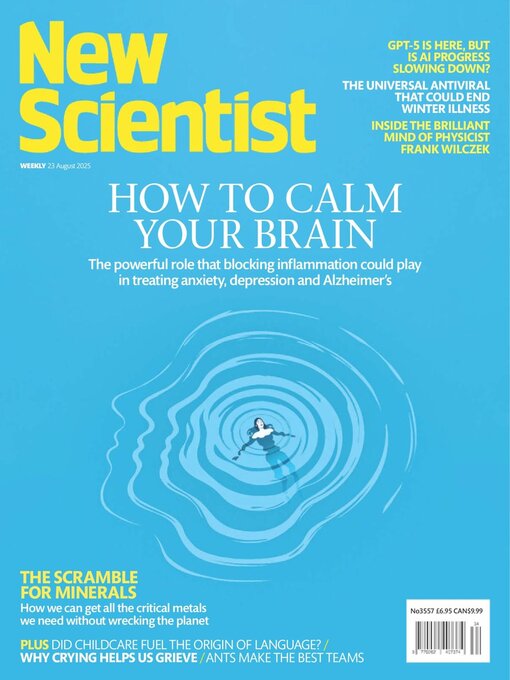
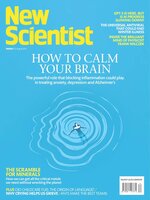 Aug 23 2025
Aug 23 2025
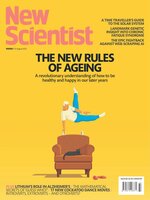 Aug 16 2025
Aug 16 2025
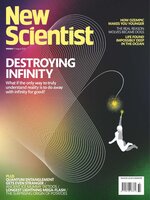 Aug 09 2025
Aug 09 2025
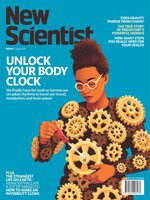 Aug 02 2025
Aug 02 2025
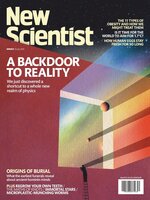 Jul 26 2025
Jul 26 2025
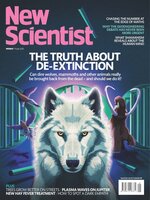 Jul 19 2025
Jul 19 2025
 Jul 12 2025
Jul 12 2025
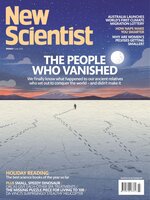 Jul 05 2025
Jul 05 2025
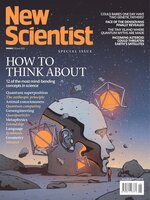 Jun 28 2025
Jun 28 2025
 Jun 21 2025
Jun 21 2025
 Jun 14 2025
Jun 14 2025
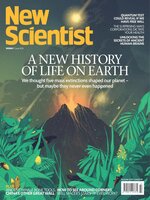 Jun 07 2025
Jun 07 2025
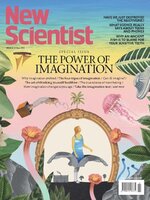 May 31 2025
May 31 2025
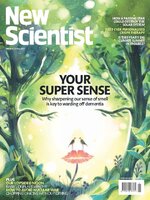 May 24 2025
May 24 2025
 May 17 2025
May 17 2025
 May 10 2025
May 10 2025
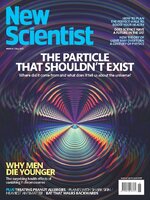 May 03 2025
May 03 2025
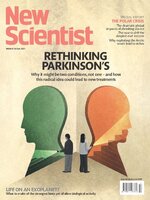 Apr 26 2025
Apr 26 2025
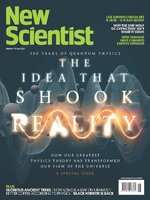 Apr 19 2025
Apr 19 2025
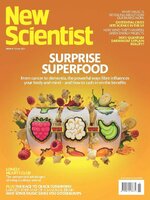 Apr 12 2025
Apr 12 2025
 Apr 05 2025
Apr 05 2025
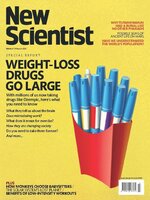 Mar 29 2025
Mar 29 2025
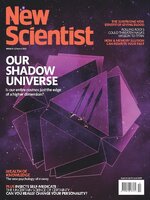 Mar 22 2025
Mar 22 2025
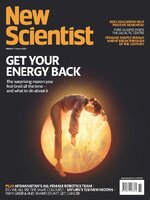 Mar 15 2025
Mar 15 2025